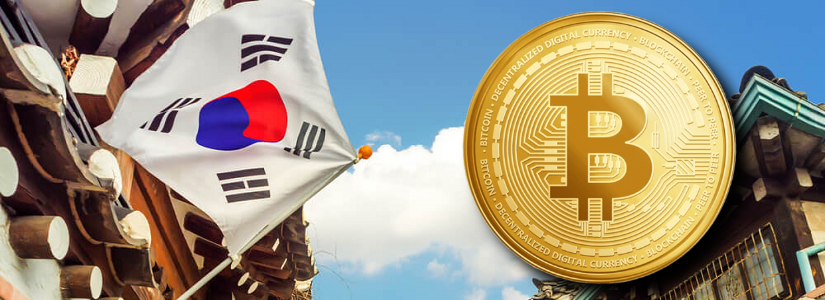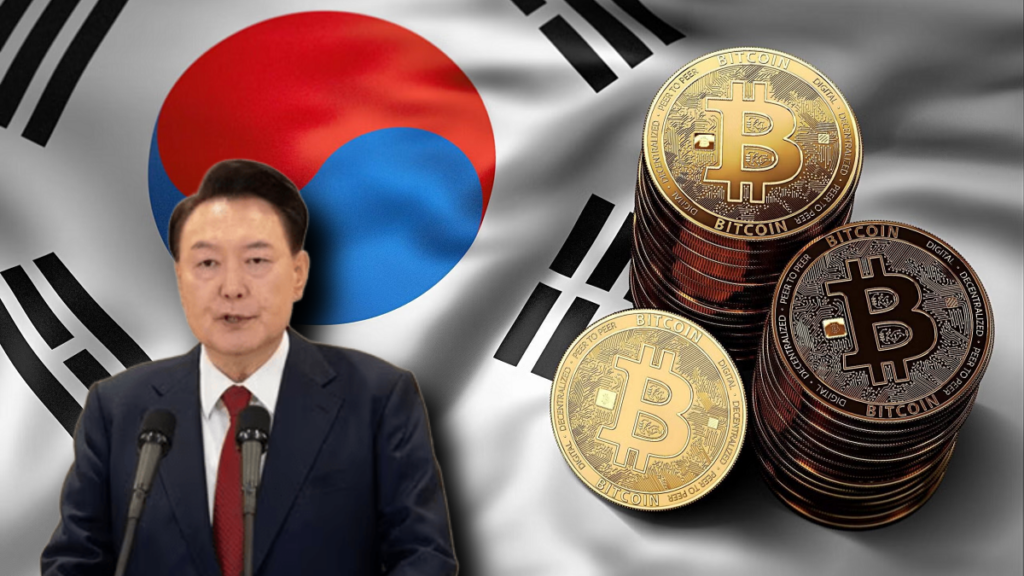TL;DR
- South Korea’s People Power Party promises to boost spot crypto ETF trading this year, aiming to attract voters ahead of the upcoming presidential elections.
- The removal of the “one exchange, one bank” rule will allow greater flexibility in banking access for cryptocurrency exchanges.
- The proposal also includes a regulatory framework for stablecoins and the legalization of security token offerings, following global standards.
South Korea’s People Power Party (PPP) has introduced key reforms to revitalize the cryptocurrency industry. In a recent meeting at the National Assembly, the PPP revealed a plan of seven initiatives, including allowing spot crypto ETF trading within this year, in the context of the presidential election set for June 3. This measure aims to strengthen South Korea’s position as a crypto hub in Asia.
One of the most significant reforms is the removal of the “one exchange, one bank” rule, which required cryptocurrency exchanges to partner with a single bank for real-name verification of accounts. Originally designed to combat money laundering, this rule had limited access and growth for the crypto industry. Under the new proposal, exchanges will be able to collaborate with multiple banks, improving flexibility and competitiveness, which in turn will help foster the development of new financial services.
Crypto Reforms Aligned with Global Standards
The PPP also plans to allow spot crypto ETF trading this year. Spot bitcoin ETFs, which have been successful in the United States, have attracted significant interest from both retail and institutional investors. According to Park Soo-min, a legislator of the PPP, South Korea “can no longer afford delays” in adopting such products. The approval of these ETFs is expected to open up new opportunities for the South Korean financial market.
Additionally, the PPP has proposed a legal framework for regulating stablecoins and security token offerings, aligning with global best practices. The legislation would also include the creation of a “Digital Asset Promotion Basic Act,” providing a legal environment to support innovation in the sector and potentially attracting international investors to the region.

These initiatives come as South Korea’s financial authorities are easing restrictions. In January, the Financial Services Commission announced plans to gradually lift the ban that prevented institutional investors from investing in cryptocurrencies. This regulatory shift is expected to integrate digital assets into traditional markets located in South Korea.
With these reforms, the PPP aims to solidify its support among voters who expect to see economic growth driven by technology, while also strengthening the country’s competitiveness in the global crypto landscape.










